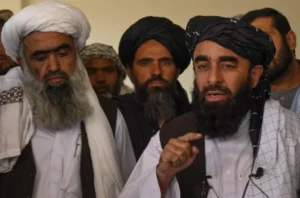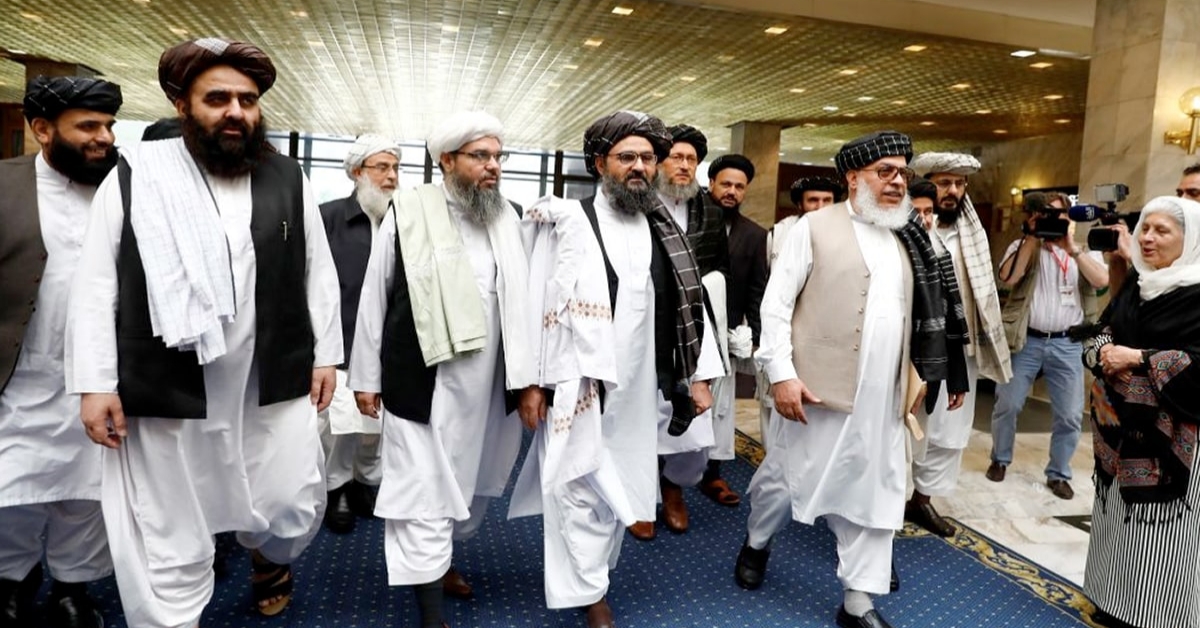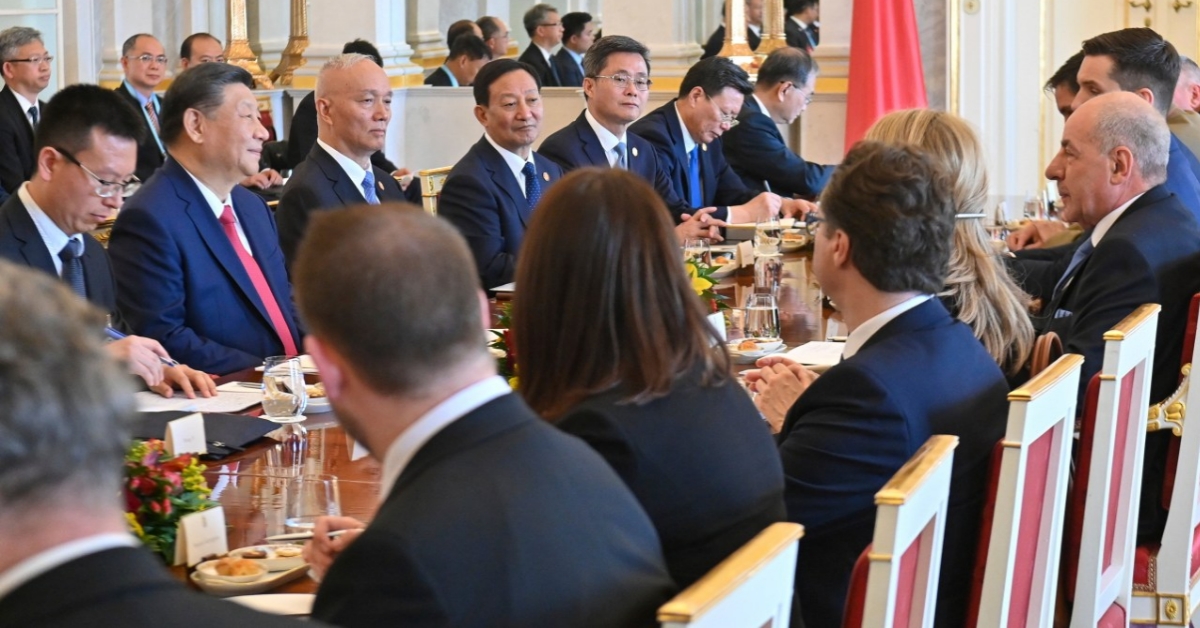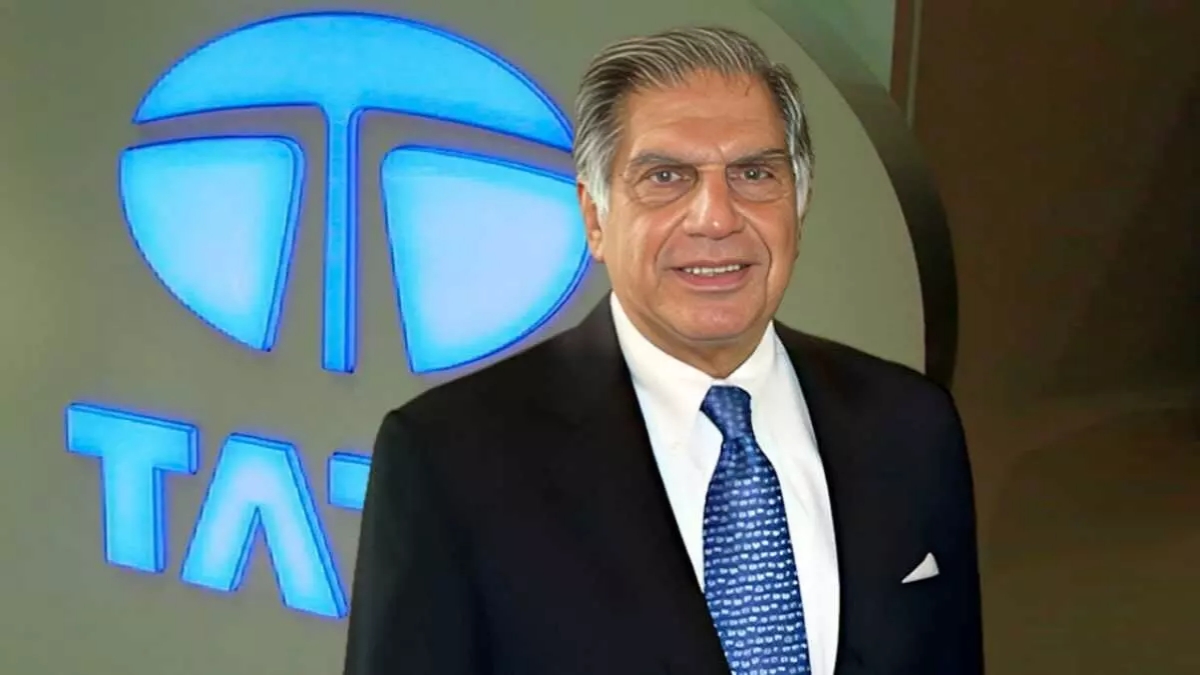Taliban’s Diplomatic Facade, on August 15, 2023, the Taliban marked two years of their rule in Afghanistan. Despite lacking diplomatic recognition from any state, the Taliban government has been actively engaged in talks with regional players. Their interactions with countries like China, Russia, Tajikistan, Uzbekistan, Turkmenistan, Iran, and Pakistan have been both intriguing and revealing. As the Taliban navigate their diplomatic ties, it is essential to examine their motivations, identify points of contention, and recognize their diplomatic shortcomings. The success or failure of the Taliban government holds grave implications for the region. To understand their current rule, we must delve into their historical legacies and patterns.

The First Era of Taliban Rule (1996-2001)
The Taliban first crystallized as a force in the 1990s during the Afghan civil war. Originating from the Kandahar region, they gained traction and captured Kabul in 1996. This era was marked by their orthodox ideas, extremist mentality, and international isolation. The Taliban regime was overthrown by the U.S. in 2001 after the 9/11 attacks.
The U.S. Invasion and the Second Era (2001-2021)
Following the invasion, the U.S.-backed governments in Afghanistan struggled to sustain themselves. The Taliban, however, regrouped and continued their insurgency. In 2021, amid the abrupt withdrawal of U.S. forces, the Taliban reclaimed power. After capturing Kabul in August 2021, they claimed that their approach toward governance and diplomacy would be pragmatic and constructive.
Diplomatic Isolation in the 1990s
The diplomatic isolation faced by the Taliban in the 1990s provides insights into their present standing. During that period:
China: The relationship between the Taliban and China was purely transactional. Both sides abided by their commitments, but there was no ideological alignment.
- Pakistan: Pakistan played a crucial role in supporting the Taliban during their first era. However, the relationship was complex, with Pakistan balancing its interests.
- Iran: The Taliban’s relations with Iran were strained due to ideological differences and the persecution of Afghan Shia Muslims.
- Russia and Central Asian States: These countries were wary of the Taliban’s extremist ideology and supported anti-Taliban forces.
- Saudi Arabia and the UAE: Initially, they recognized the Taliban government, but later withdrew recognition due to international pressure.
The Current Diplomatic Landscape
China
- The relationship between the Taliban and China remains transactional.
- China seeks stability in Afghanistan for its Belt and Road Initiative and counterterrorism efforts.
- The Taliban assures China that it won’t support Uighur separatists.
Pakistan
- Pakistan has historical ties with the Taliban but faces challenges in balancing its interests.
- The Taliban’s presence in Afghanistan affects Pakistan’s security and regional stability.
Iran
- The Taliban’s relations with Iran remain tense due to ideological differences.
- Iran is wary of the Taliban’s Sunni extremism and its treatment of Afghan Shia Muslims.
Russia and Central Asian States
- These countries are cautious about the Taliban’s rule.
- They engage with the Taliban but remain skeptical.
Saudi Arabia and the UAE
- Both countries have maintained a low profile regarding the Taliban.
- They prioritize stability and regional interests.
Conclusion
The Taliban’s recent charm offensive has sparked diplomatic interest, yet a deeper understanding of their historical legacies and patterns offers a more nuanced perspective on their current governance. As the region keenly observes, the trajectory of the Taliban’s rule will profoundly influence Afghanistan’s future and have significant repercussions for neighboring countries. Despite efforts to present a more moderate image, the Taliban’s history is marked by stringent interpretations of Islamic law and authoritarian tendencies. Their previous rule from 1996 to 2001 was characterized by severe human rights abuses, particularly against women and minorities, and a lack of tolerance for dissent. While the group has made some rhetorical gestures towards inclusivity and reconciliation, there are concerns about their commitment to upholding human rights and maintaining stability. Additionally, the Taliban’s close ties with extremist groups and their ambiguous stance on issues such as terrorism and narcotics trafficking raise doubts about their ability to govern effectively and peacefully. The international community’s response to the Taliban’s rule remains cautious, with many countries adopting a wait-and-see approach while monitoring developments closely. Ultimately, the success or failure of the Taliban government will have far-reaching implications for Afghanistan’s political landscape and the broader security dynamics of the region.



